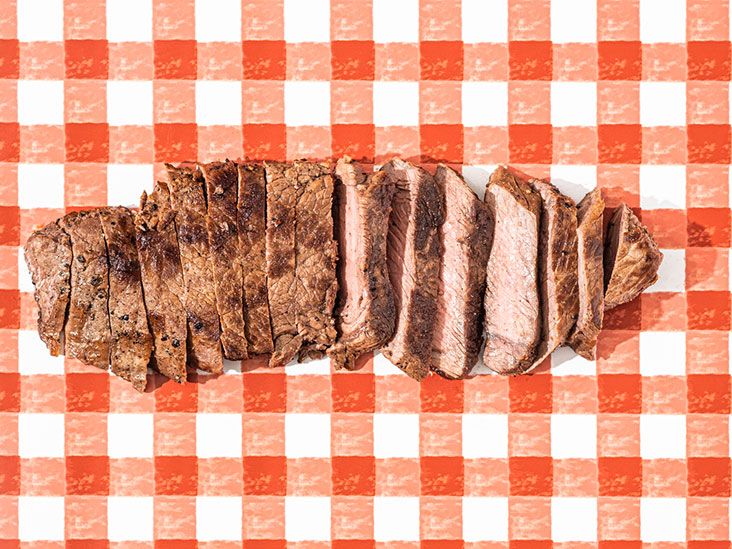Recent research suggests that environmental factors, such as the consumption of red meat and sugar, could be driving the increase in cases of colorectal cancer among young people. Metabolites linked to red and processed meat were found to be the main drivers of colorectal cancer risk in individuals under 50. The study, presented at the annual meeting of the American Society of Clinical Oncology (ASCO) and published in npj Precision Oncology, revealed that young-onset colorectal cancer patients had lower levels of citrate, a byproduct of food conversion to energy, compared to older patients.
Dr. Suneel Kamath, a gastrointestinal oncologist at Cleveland Clinic and senior author of the research, explained that metabolomics was used to analyze the breakdown products and production building blocks for our bodies to identify differences in colorectal cancer between younger and older patients. The study compared metabolites in patients under 50 diagnosed with colorectal cancer to those over 60, revealing significant alterations in metabolic pathways related to carbohydrate and protein metabolism in young-onset colorectal cancer cases. These findings suggest that factors such as excessive consumption of sugar-sweetened beverages, red meat, and obesity may play a role in the development of colorectal cancer at a younger age.
Dr. Leonard Augenlicht, a professor at the Albert Einstein College of Medicine who was not involved in the research, highlighted the importance of understanding the dietary patterns that may be contributing to the increase in earlier-onset colorectal cancer. He emphasized the significance of identifying major components of the ‘western-style’ diet, which have been linked to a higher incidence of colon cancer among populations consuming such diets. The study revealed metabolic differences in tumor tissues of younger vs. older patients, raising questions about the dietary patterns that may drive these differences.
Dr. Anton Bilchik, a surgical oncologist at Providence Saint John’s Health Center, stressed the importance of addressing the epidemic of young people being diagnosed with colorectal cancer by promoting a balanced diet that includes fresh fruits and vegetables while limiting red meat and processed foods. Dr. Tejasav Sehrawat, a resident physician at Yale, echoed the need to focus on reducing rates of obesity and cutting back on red meat and sugar consumption to help prevent colorectal cancer. While more research is needed, these preliminary findings suggest that dietary factors may play a significant role in the development of colorectal cancer in younger age groups.
Dr. Kamath emphasized that reducing sugar consumption and focusing on a balanced diet could potentially help prevent colorectal cancer, especially when combined with efforts to reduce obesity rates. Dr. Sehrawat recommended limiting intake of red and processed meats, especially for individuals with a family history of cancer, and avoiding alcohol intake to reduce the risk of gastrointestinal cancer. Dr. Bilchik suggested that starting a balanced diet at a young age, including fresh fruits and vegetables while limiting red meat and processed foods, could help lower the chances of developing colorectal cancer. Ultimately, further research is needed to better understand the role of dietary factors in colorectal cancer development and to identify potential targets for personalized treatment approaches.











